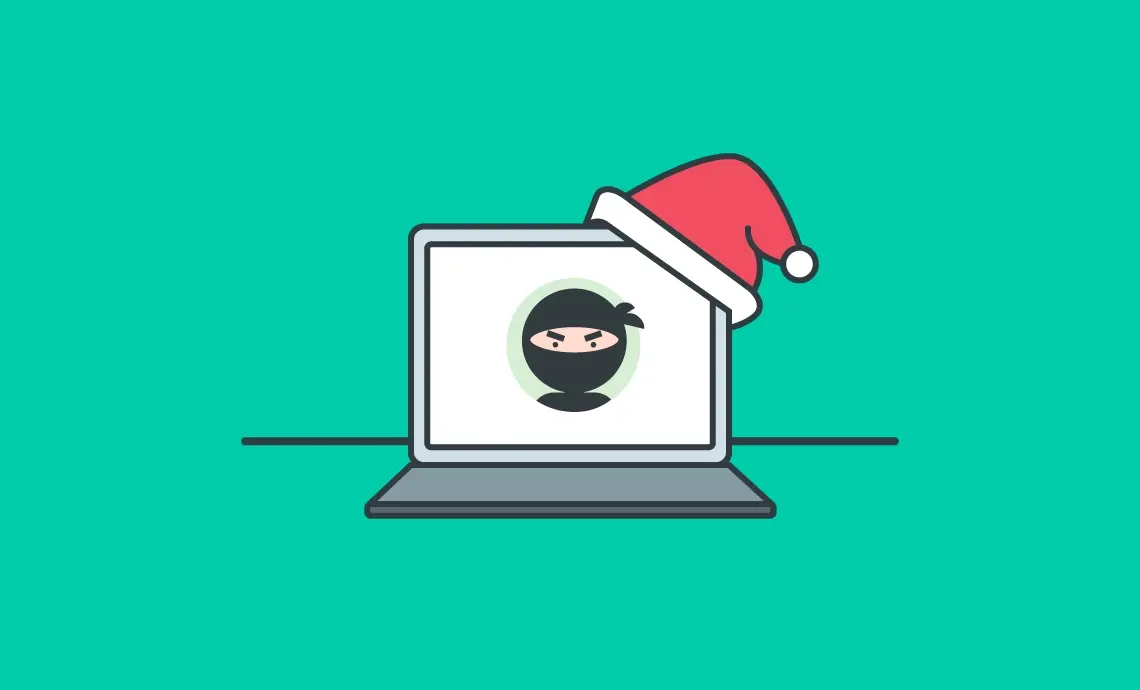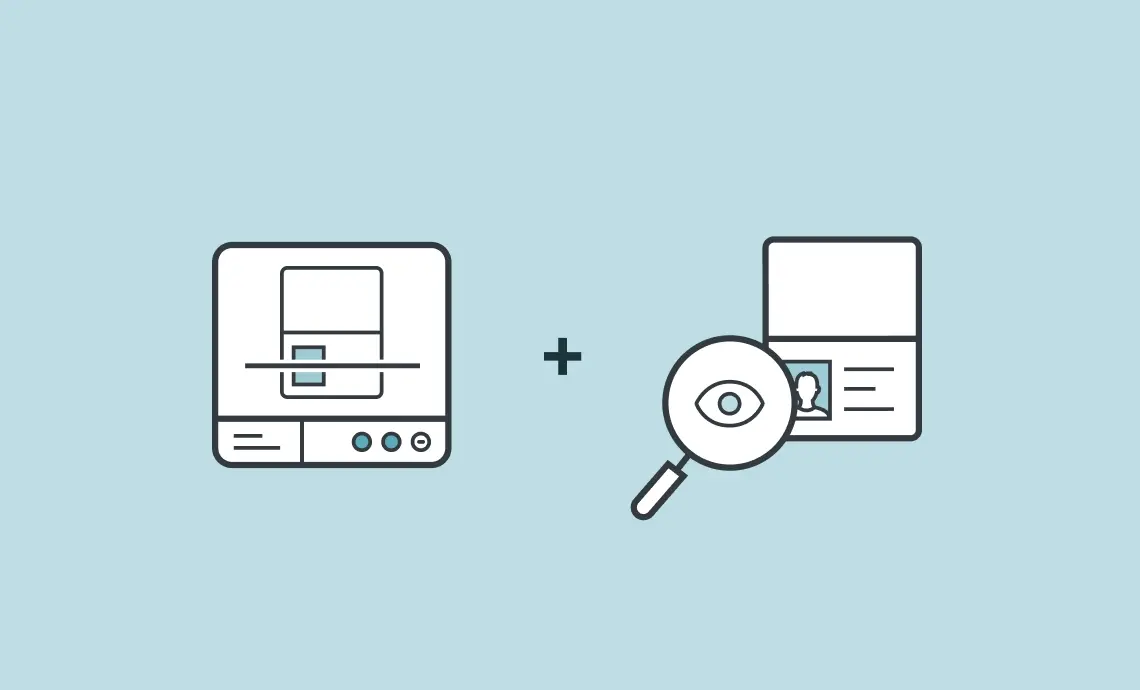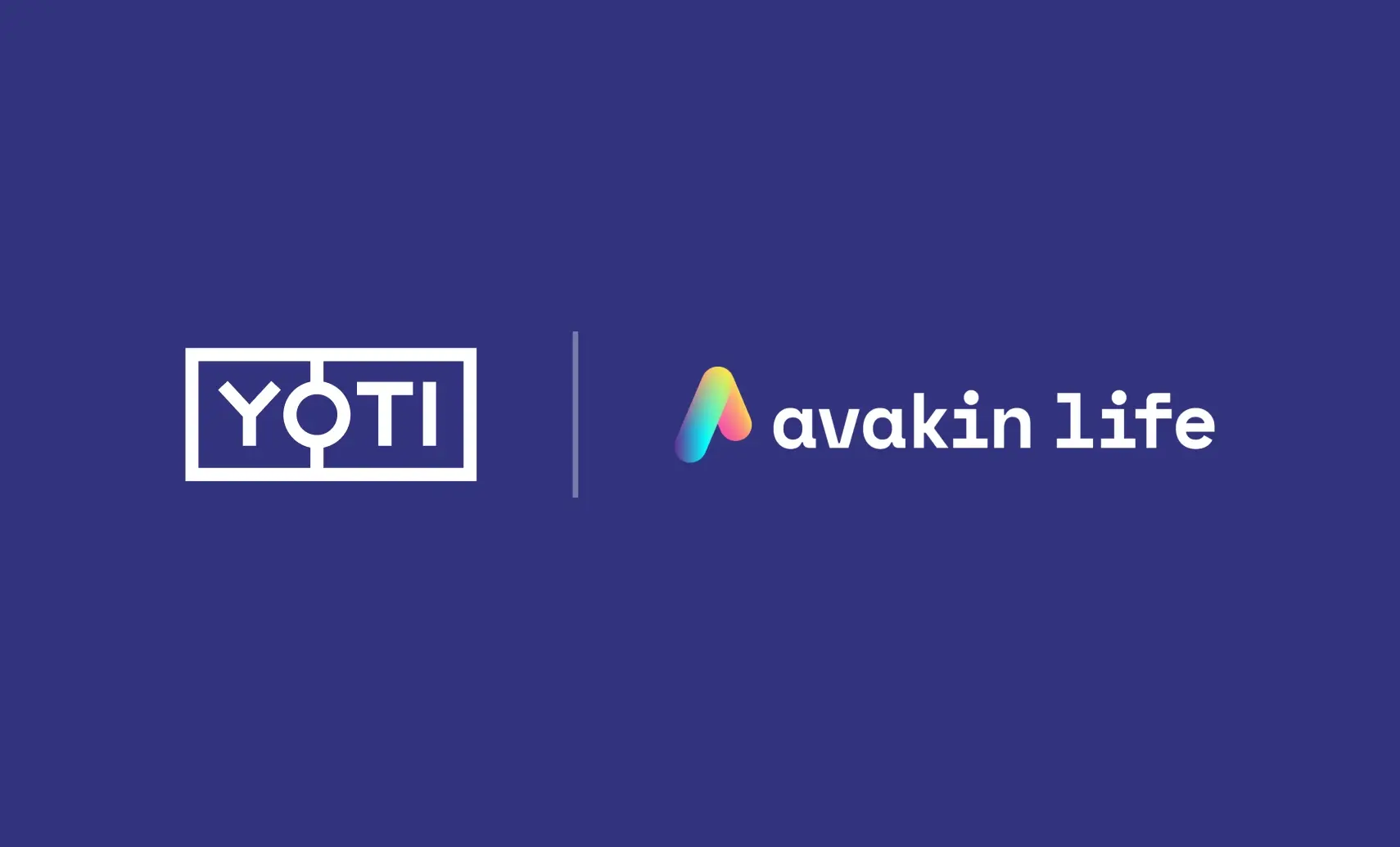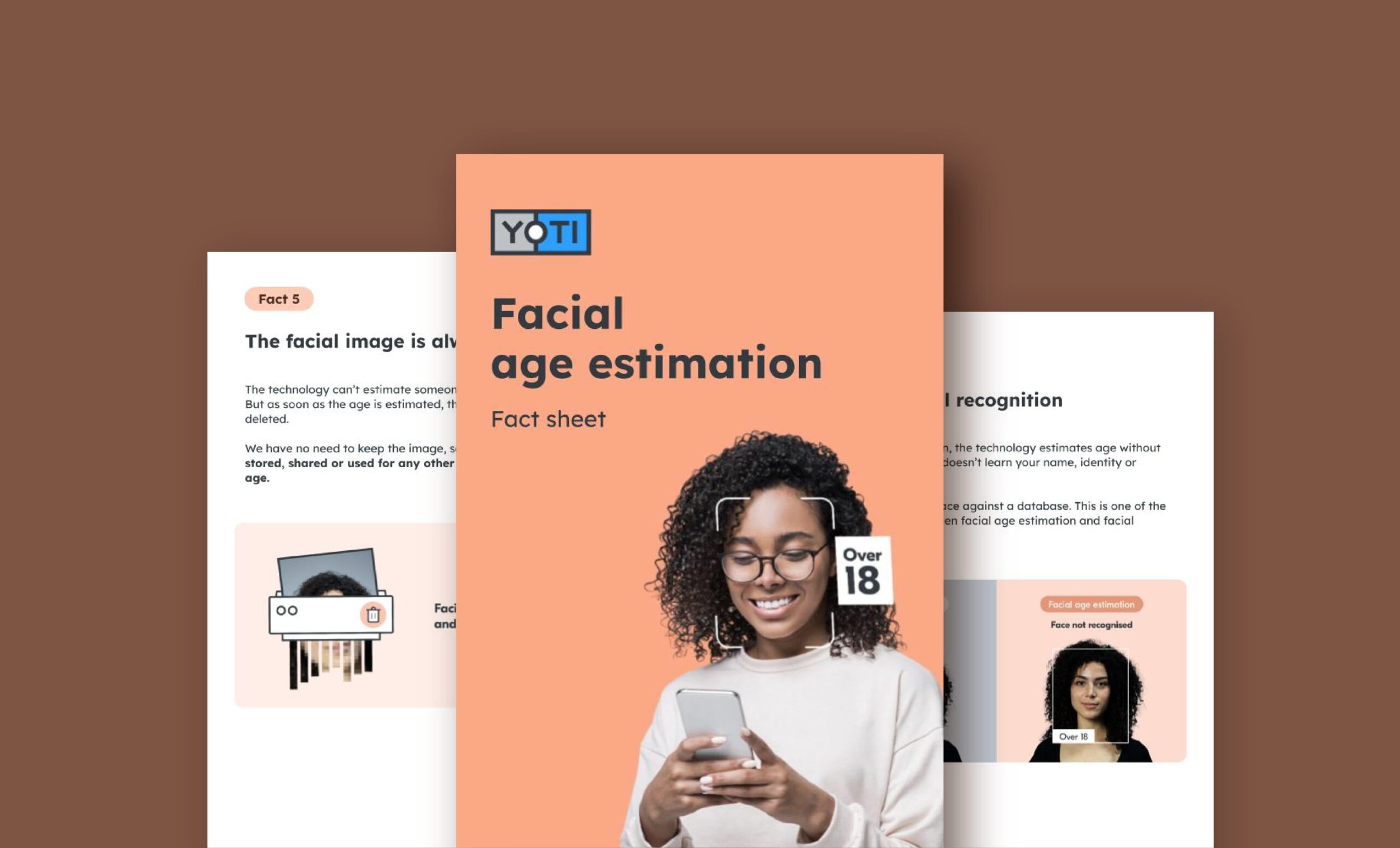Stay Merry and Scam-Free: Avoiding a Criminal Christmas
With identity fraud peaking over the festive season and many shoppers now doing the bulk of their Christmas shopping online, it’s more important than ever to know how to protect yourself and your personal information. Louise Bruder, our Super Recogniser and Training Manager, is well equipped to share her top tips on how to stay safe this festive season: Check who you’re buying gifts from If you’re planning to buy your loved one a gift from an online marketplace it’s important to know who you’re buying from. After all, it’s very common for scammers to list fake concert tickets
Jigsaw Dating partners with Yoti to ensure trustworthy profiles
Members can only connect with other daters once they are verified, reducing the risks of fake profiles and fraud London, UK, 28th November 2023 – Jigsaw Dating has integrated Yoti’s photo verification technology to confirm every dating profile belongs to a real person. The move aims to give daters more confidence and transparency over who they connect with online. On account creation, all members are required to take a selfie, which Yoti verifies to ensure it is a real person. This stops people from using fake profile photos. Yoti’s passive liveness technology, MyFace, confirms the selfie is taken by a
Why automated technology with human fallback provides optimal results
Some identity providers claim that fully automated processes are the way forward. Whilst we agree that technology can improve and streamline processes, there are times when it’s valuable to have a human involved. Every business we talk to has different requirements for identity verification. This could be because of differing laws and their application in different regions, a varying risk appetite or wanting to ‘do the right thing’ to engender trust and increase success rates. When it comes to identity verification technology, there might be some scenarios where it’s helpful to use the skills of our security team. For instance:
Avakin Life steps up player protection with Yoti’s age assurance, ensuring a secure and enjoyable experience for players
Avakin Life adult players can choose to verify their age to unlock exclusive 18+ game features 15th November 2023, London, UK – Avakin Life, a 3D life-simulation video game has introduced age assurance technology from digital identity company Yoti. Players can now verify their age to unlock exclusive age-restricted features, and any players who are suspected to be underage will be asked to confirm their age. The move is the latest step from Lockwood Publishing to enhance privacy and safety features on the Avakin Life platform. Players can choose to verify their age using Yoti’s facial age estimation
Yoti joins the Children Online Protection Laboratory
We’re proud to be part of the Children Online Protection Laboratory, working with the French Government and other stakeholders to improve online safety for children. What is the Children Online Protection Laboratory? In 2022, French President Emmanuel Macron launched the Children Online Protection Laboratory to improve the safety of minors online and shield them from harmful internet content. The internet can be a great tool for children. They can learn, explore and socialise with friends. Unfortunately, research shows there is a lack of safeguards which means many children are stumbling across content and experiences which are inappropriate for their
Facial age estimation: the facts
We developed facial age estimation to give everyone a secure and private way to prove their age, without sharing their name or any identity documents. We also wanted to address the inclusion issue, given not everyone has an ID – which can exclude them from accessing age-restricted goods, services and experiences. The technology can determine a person’s age from a facial image. We believe this is a better way to check someone’s age. People shouldn’t have to share their whole identity just to prove their age. We work hard to explain facial age estimation and how it works. Unfortunately,






